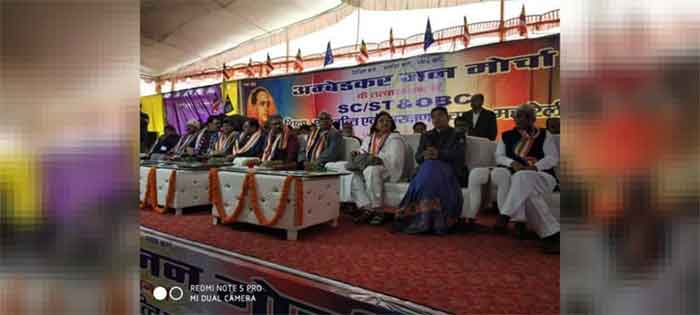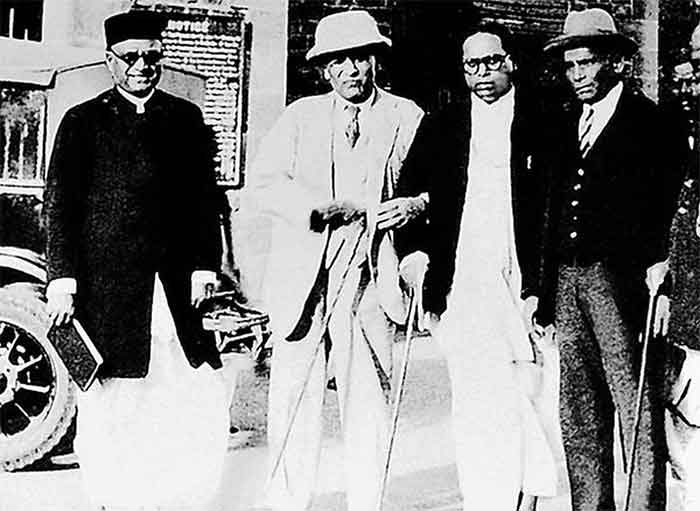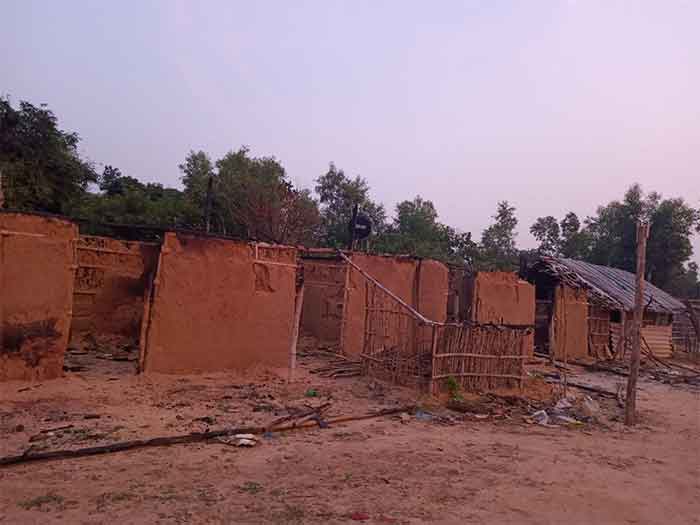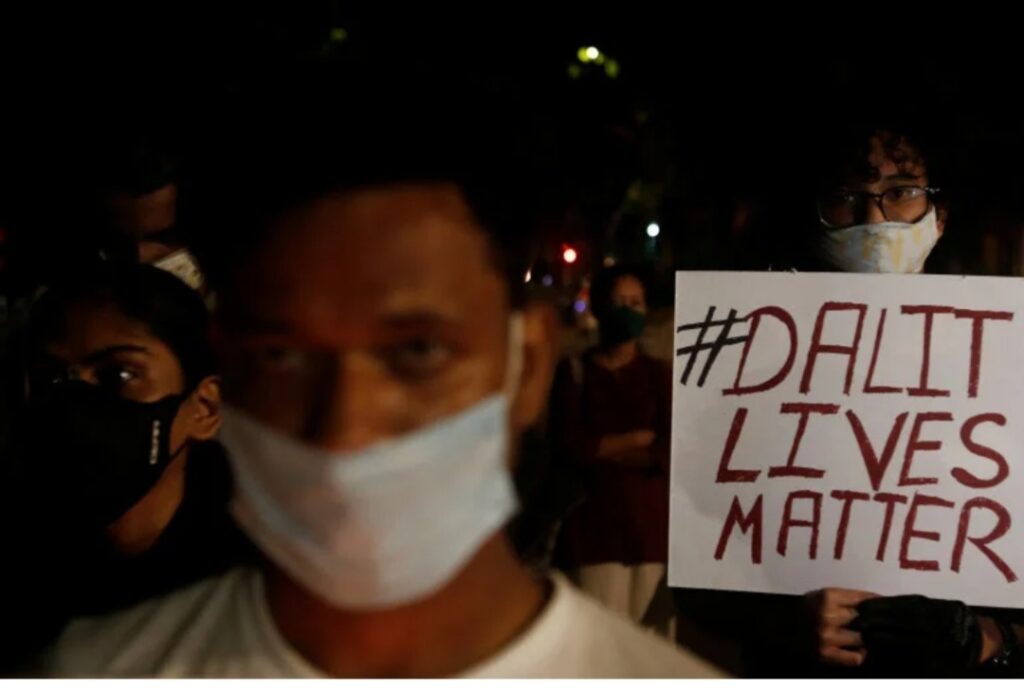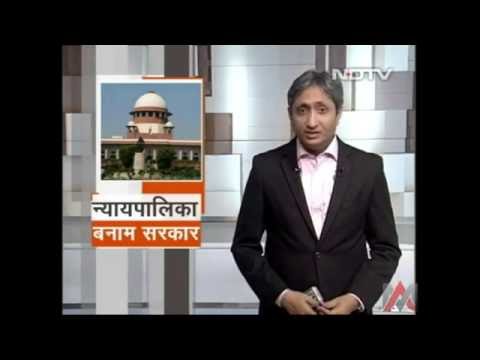
Dear Ravish Kumar ji,
Namaskar. This is a season of open letters. Recently you wrote one to Journalist-turned-minister M. J Akbar and then your colleague in NDTV Barka Dutt wrote one to Smrit Irani. Now, before you think this is coming in defense of them, let me tell you I’m neither writing about it nor do I belong to the abusive clan – known as online trolls. Since you are not on social media anymore, a decision which I did not like, an open letter was the only way to reach you. I’m clearing this at the outset so that you feel comfortable reading the entire letter without having even slightest anticipation of platitudes or choicest expletives that may have shunted you out of social media.
The reason for writing this letter is your recent episode on Cabinet expansion. I have been following you since Ravish ki report and always considered your journalism ethics in high esteem. Your true depiction of Gujarath model, bi partisan approach to Delhi Hindu-Muslim riots and more importantly your daring decision to include delicate but important social issues like Caste or Quota made me your ardent admirer.
In your prime time coverage of 5th July on Cabinet expansion, you rightly pointed out the disproportional dominance of Brahmins in the Modi cabinet including Gadkari, Jaitely, Javdekar, Swaraj, Ananth Kumar, J. P. Nadda, Parrikar, etc. No other Channel or anchor would have dared to do this clinical dissection. Reacting to Ramdas Athawale being made Minister of State, you raised an important question about why Dalit MPs always get Social Justice ministry. Barring Ramvilas Paswan and Sushilkumar Shinde, why time and again Dalits are allotted to Social justice and not to important Departments like Finance, Commerce, HR etc., you queried. These were very important questions and I am happy that you touched upon this political enigma.
The great paradox was, while you were discussing this, you had Abhay Dubey, Vidya Subramaniam, Akhilesh Sharma and Sunita Airan apart from you on the panel – which means a majority of Brahmins! I am not sure you realized this Irony. Just think about it, talking about lack of diversity in Cabinet and discussing that in a newsroom sans any diversity. It was like discussing womens’ issues with a bunch of men on the discussion panel headed by a man. I am sure you’d agree.
Until few years back, you used to have eloquent Dalit representation in the form of Prof Vivek Kumar or Chandra Bhan Prasad but these days apart from usual politicians like P L Punia of Congress or Sanjay Paswan of BJP, I do not see deprived section represented. You’d agree that when Dalit politicians are invited to debates, they simply represent their parties and not talk about their own communities and discussion eventually turns into political ping-pong. Just like you have Abhay Dubey, why not also invite Dalit commentators who are apolitical and can yet comment on politics keeping equidistance from both Cong and BJP? I have nothing against the names I mentioned but in your distinguished service of over 20 years with NDTV, didn’t you find enough apolitical Dalit commentators who could participate in your debate? Forget about Diversifying the Editorial Board of NDTV- just as the Modi Cabinet that you criticized – but have you ever thought of diversifying at least your discussion panel?
Editorial Board diversity in Indian Media is something you’d not be proud of. The Hindu reported in 2012 that the Media’s failure to recruit Dalits is a betrayal of the constitutional guarantees of equality and fraternity. The article in the Hindu http://www.thehindu.com/opinion/lead/missing-from-the-indian-newsroom/article3294285.ece quotes Washington Post study that its correspondent Keenth J Copper did in year 2000. Copper tried to find a Dalit correspondent in India but couldn’t. B. N Uniyal of the Pioneer published Coopers’ search in Pioneer newspaper and wrote himself that ” in all the 30 years, I had worked as a journalist I had never met a fellow journalist who was a Dalit, no, not one”. The Cooper-Unyal inquiry found not a single SC or ST among more than 300 media decision-makers in the country.
I live in US currently and I see a completely different picture on TV here. I see many different faces of color, race and ethnicity. I can see a Don Lemon, an African American at CNN prime time every day. Even on Fox news, which is considered as conservative right, often times there are African American representation in the Panel. The host of the Daily show on Comedy Central Channel is an African American Trevor Noah, who succeeded the famous Jon Steward.
This is because, the Hindu report says, in 1978 the American Society of New Editors (ASNE) found that only 4 per cent of US newsroom comprised of people of color – Blacks, Latinos, Native Americans and Asians. ANSE systematically targeted to increase the diversity in the newsroom to 30 per cent by 200. The target of 30 per cent was missed but it soared to 20 per cent!
Compare that to News Broadcasters Association in India. The only time we see them in news is when they feel one of them or their office is attacked by some fringe political party. I do not know if they are liberal enough to act like ASNE. Perhaps not. Sad to say our so called English media liberals like Rajdeep Sardesai or Barkha Dutt rarely discuss caste atrocity cases – I have no expectation from Arnab Goswami anyway.
I had written an open letter to Rajdeep in 2006 after the Khairlanji Dalit massacre but I do not think he read it. Ask them both about quota and you’d know they aren’t Liberal. Rajdeep once infamously tweeted that he is a proud Gowd Saraswat Brahmin (GSB) and Manohar Parrikar’s elevation made him even prouder GSB. Yes, often they have taken non-partisan positions during Hindu-Muslim conflict but their unwillingness or inability to accommodate, discuss or represent Dalit’s in their organizations is clear.
I have very little hope from our NBA and the rate at which Modi government is appointing all Brahmin heads to important Government bodies, I have little hope from Information Broadcasting ministry on diversifying Indian Media too.
Considering all that, it is left to individual decision makers like you to make amends. Let’s start with small things. Can NDTV India proactively look out and invite Sane Dalit voices on the Panel? Going back to your debate where you aptly asked why Dalits are not made Finance minister did you ever realize in our newsroom Dalits are missing? There are scores of apolitical commentators and I am sure if you do some honest effort, you will find many.
Also, how many Dalit reporters NDTV India or NDTV has? The answer will be uncomfortable for you. Some day, someone has to make the start. Can NDTV, the oldest media house after Doordarshan, sponsor budding SC ST Journalists to graduate from top-notch Mass communication institutes, put on intense 6 months training after degrees and send them to field as reporters? NDTV does a lot of green initiatives etc. This would be a wonderful idea and send a strong message to other media houses. Dalits form a quarter of India’s population and are TRP material also – if your sales team wants to view from that angle.
Typically, this is a suggestion to I&B Ministry but I have slim hopes from this government. This letter could only have been sent to a sensible journalist like you who ,I think, cares for all social groups and is sensitive towards the marginalised. The episode in which you read Hyderabad PhD student Rohit Vemula’s suicide letter is perfect example of this. That is why I have rightly chosen you. I’m sure you will not disappoint me.
If electronic and print media continues to remain a Brahmin-Bania dominated den without any participation from the lower castes then I am reminded of a famous poem from Waharu Sonawane – a Dalit Poet from Maharashtra. In the below Poem, he explains how They (Upper caste) now tells his sorrow and his story from the ‘Stage’ while the he – the victim – still remains seated in the crowd- listening to his own story from their mouth while his sorry remained his own.
Stage
We didn’t go to the stage,
nor were we called.
With a wave of the hand
we were shown our place.
There we sat
and were congratulated,
and “they”, standing on the stage,
kept on telling us of our sorrows.
Our sorrows remained ours,
they never became theirs.
When we whispered out doubts
they perked their ears to listen,
and sighing,
tweaking our ears,
told us to shut up,
apologize; or else…
–Waharu Sonavane; translated by Bharat Patankar, Gail Omvedt, and Suhas Paranjape
By the way, your coverage of Gujarat’s Unna where four Dalits where stripped, tied to a vehicle and mercilessly beaten up by Gau Rakshak dal in broad day light was good.
Your’s truly,
Ravikiran Shinde
Ravikiran Shinde is a writer, blogger and a commentator on socio-political issues in India

